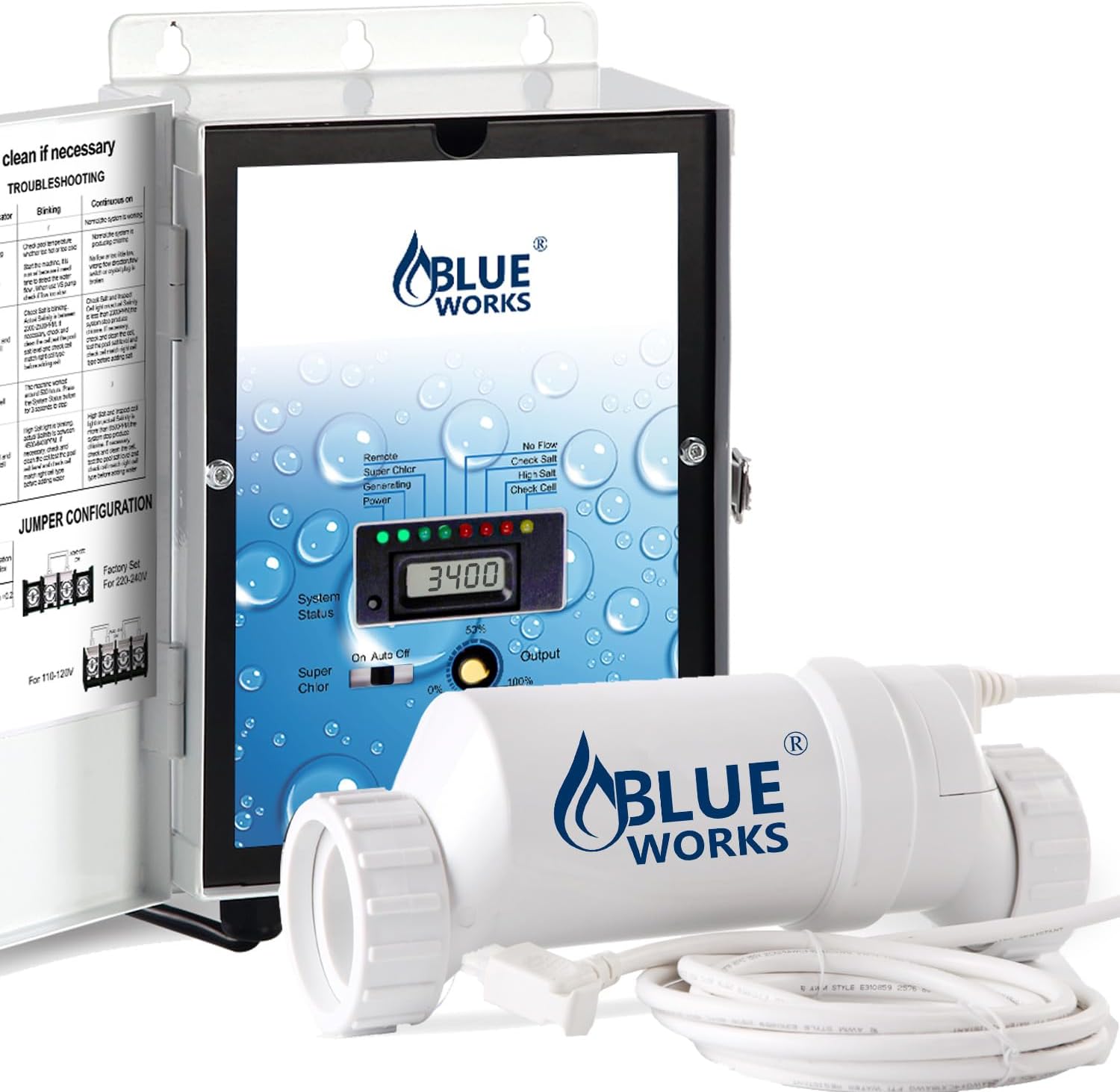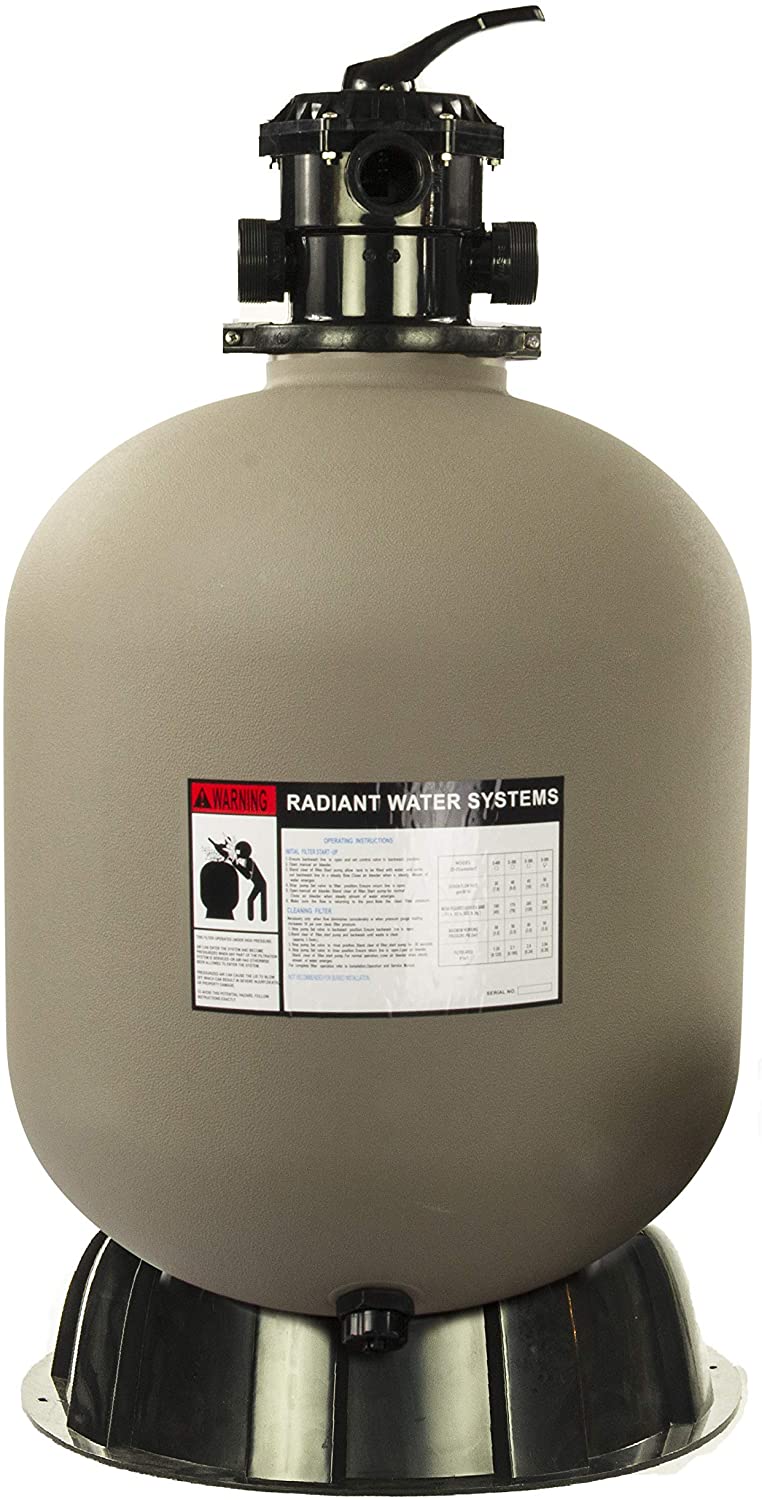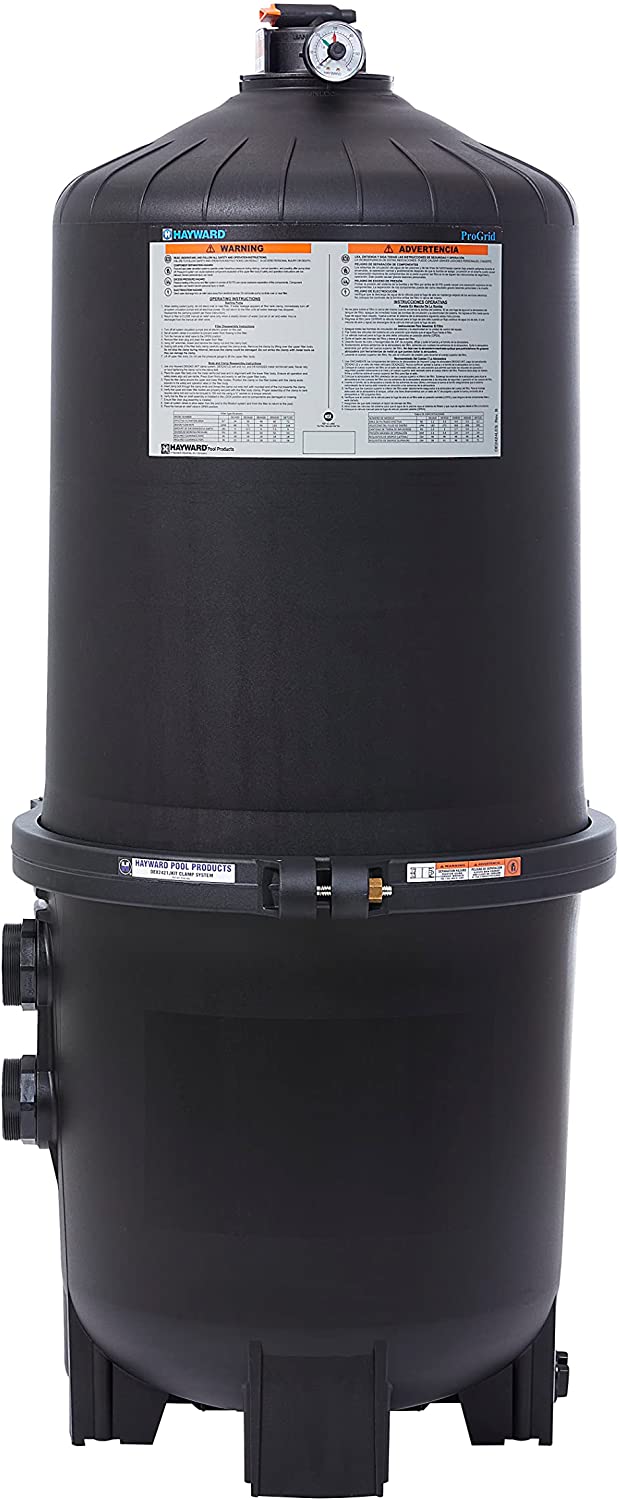
The Benefits of Adding Salt to Your Freshwater Pool: Exploring a Safer and More Comfortable Swimming Experience
When it comes to pool maintenance, many homeowners seek alternatives to traditional chlorine-based systems. One increasingly popular option is converting a freshwater pool into a saltwater pool by adding salt. While it may seem counterintuitive to add salt to a freshwater pool, the benefits of doing so are numerous. In this article, we’ll explore why someone might consider adding salt to their freshwater pool and the advantages it offers for a safer, more comfortable, and lower-maintenance swimming experience.
1. Gentler on Skin and Eyes:
One of the primary reasons for converting to a saltwater pool is the softer feel of the water. Saltwater pools have lower chlorine concentrations compared to traditional chlorine pools, resulting in water that is gentler on the skin and eyes. Swimmers are less likely to experience skin irritation, redness, or dryness after swimming in a saltwater pool, making it a more comfortable experience overall.
2. Reduced Chlorine Smell and Taste:
Saltwater pools produce chlorine through electrolysis, resulting in a more consistent and controlled release of chlorine into the water. This means there is less chloramine formation, which is responsible for the strong chlorine smell and taste often associated with traditional chlorine pools. As a result, swimmers in saltwater pools are less likely to experience unpleasant odors or tastes, enhancing the swimming experience.
3. Lower Maintenance Requirements:
Saltwater pools require less frequent monitoring and maintenance compared to traditional chlorine pools. Once the salt level is properly balanced, the salt chlorinator system automatically generates chlorine as needed, eliminating the need for manual chlorine additions. This can save homeowners time and effort in maintaining their pool, allowing them to spend more time enjoying it.
4. Cost Savings Over Time:
While the initial cost of installing a salt chlorinator system may be higher than traditional chlorine systems, saltwater pools can lead to cost savings over time. With fewer chemical additions and lower maintenance requirements, homeowners can reduce their spending on pool chemicals and maintenance products in the long run. Additionally, the extended lifespan of pool equipment due to reduced exposure to harsh chemicals can further contribute to cost savings.
5. Eco-Friendly Option:
Saltwater pools are often considered a more environmentally friendly option compared to traditional chlorine pools. With fewer chemical additions and lower chlorine concentrations, saltwater pools produce fewer harmful byproducts and reduce the overall environmental impact associated with pool maintenance. Additionally, salt is a natural and abundant resource, making it a sustainable choice for pool sanitation.
Conclusion:
Adding salt to a freshwater pool to convert it into a saltwater pool offers numerous benefits for homeowners seeking a safer, more comfortable, and lower-maintenance swimming experience. From gentler water that is easier on the skin and eyes to reduced chlorine smell and taste, saltwater pools provide a more enjoyable swimming environment for the whole family. With lower maintenance requirements and cost savings over time, saltwater pools are an attractive option for homeowners looking to enhance their pool experience while minimizing the environmental impact. If you’re considering converting your freshwater pool to a saltwater pool, explore the benefits further and consult with a pool professional to determine if it’s the right choice for you.
???? Recommended Products
Based on the topics covered in this article, here are our top product picks to help you maintain a healthy, sparkling pool:
- Dolphin Nautilus CC Plus Robotic Pool Cleaner (~$800) — Top-rated robotic cleaner with CleverClean technology — scrubs walls, waterline, and floor with zero effort from you.
- Taylor K-2006 Complete Pool Water Test Kit (~$90) — The gold standard for pool water testing — measures chlorine, pH, alkalinity, calcium hardness, and CYA with laboratory-grade accuracy.
- AquaChek 7-Way Pool & Spa Test Strips (100 ct) (~$17) — Quick and easy 7-parameter testing for chlorine, bromine, pH, alkalinity, hardness, and CYA — perfect for routine checks.
- Morton Pool Salt (40 lbs) (~$8) — Extra-fine pool-grade salt for chlorine generators — dissolves quickly and won’t clog cells.
- In The Swim 3-Inch Chlorine Tablets (25 lbs) (~$70) — Slow-dissolving stabilized chlorine tablets for consistent sanitization — fits most floating dispensers and chlorinators.
- Lalapool 18-Inch Nylon Pool Brush (~$14) — Wide 18-inch brush head with durable nylon bristles — safe for all pool surfaces including vinyl and fiberglass.
As an Amazon Associate, we earn from qualifying purchases. Prices are approximate and may vary.




